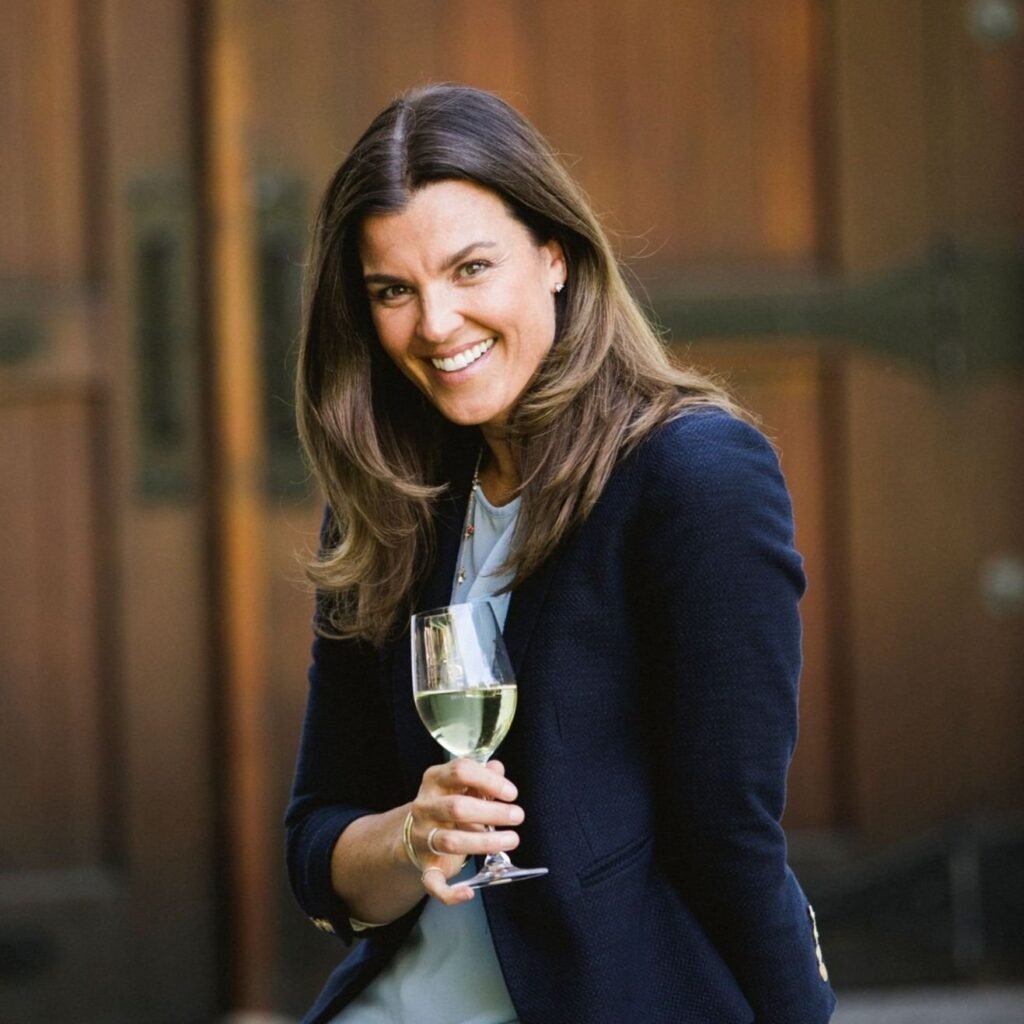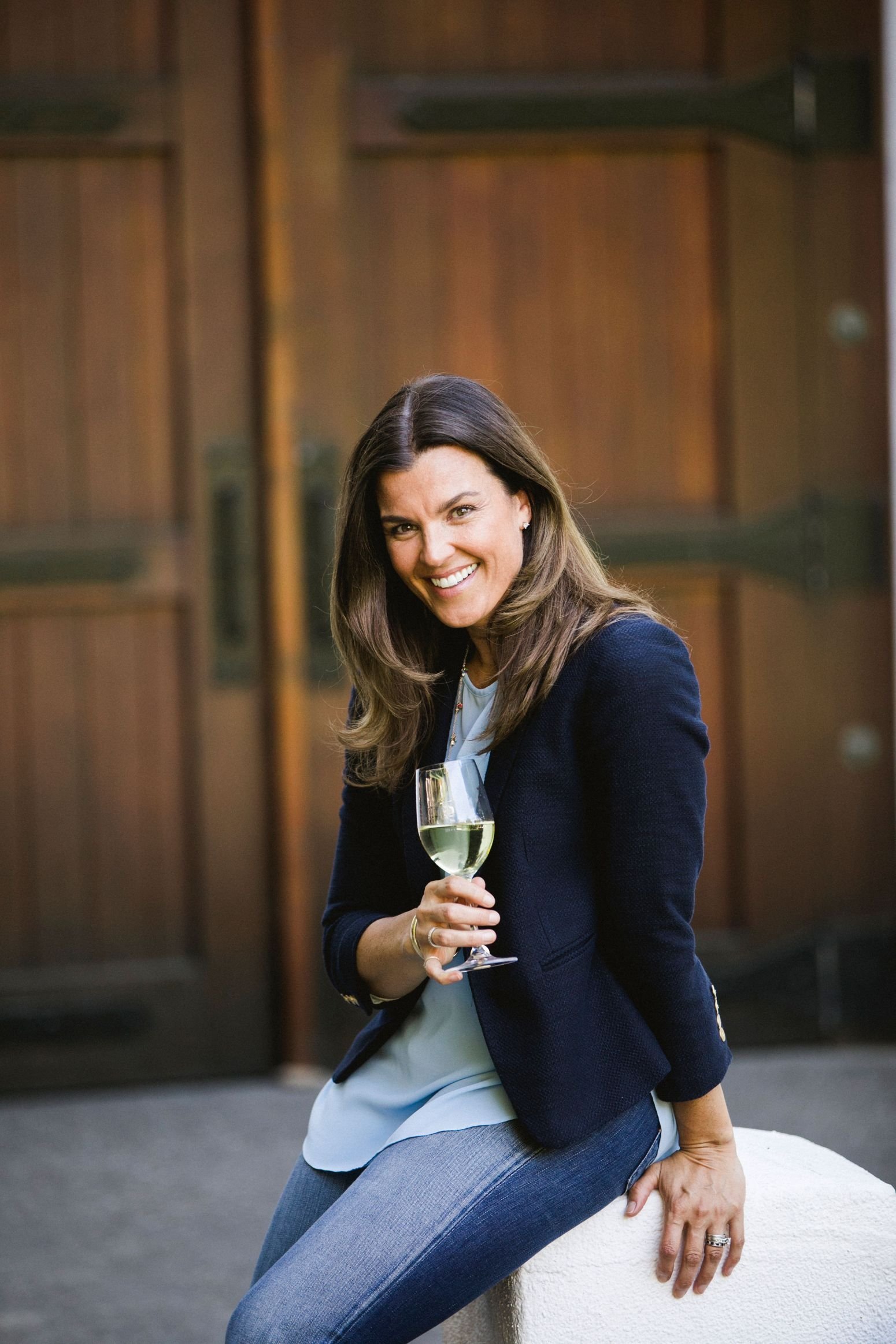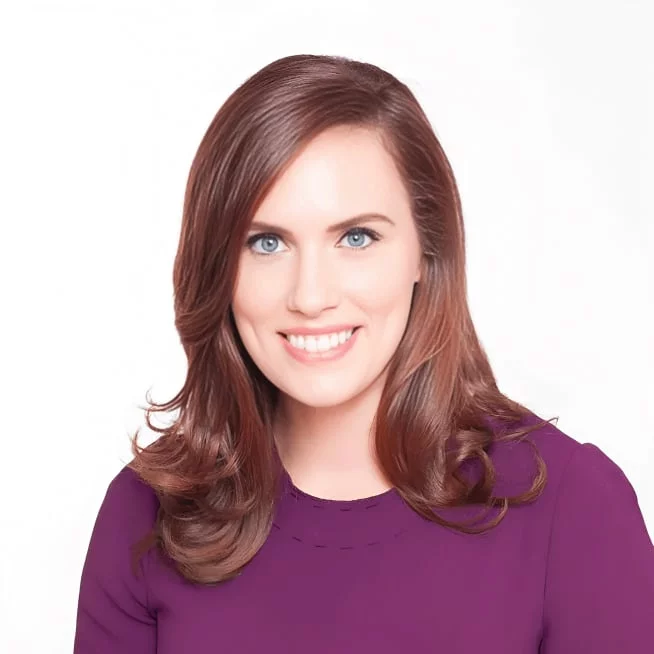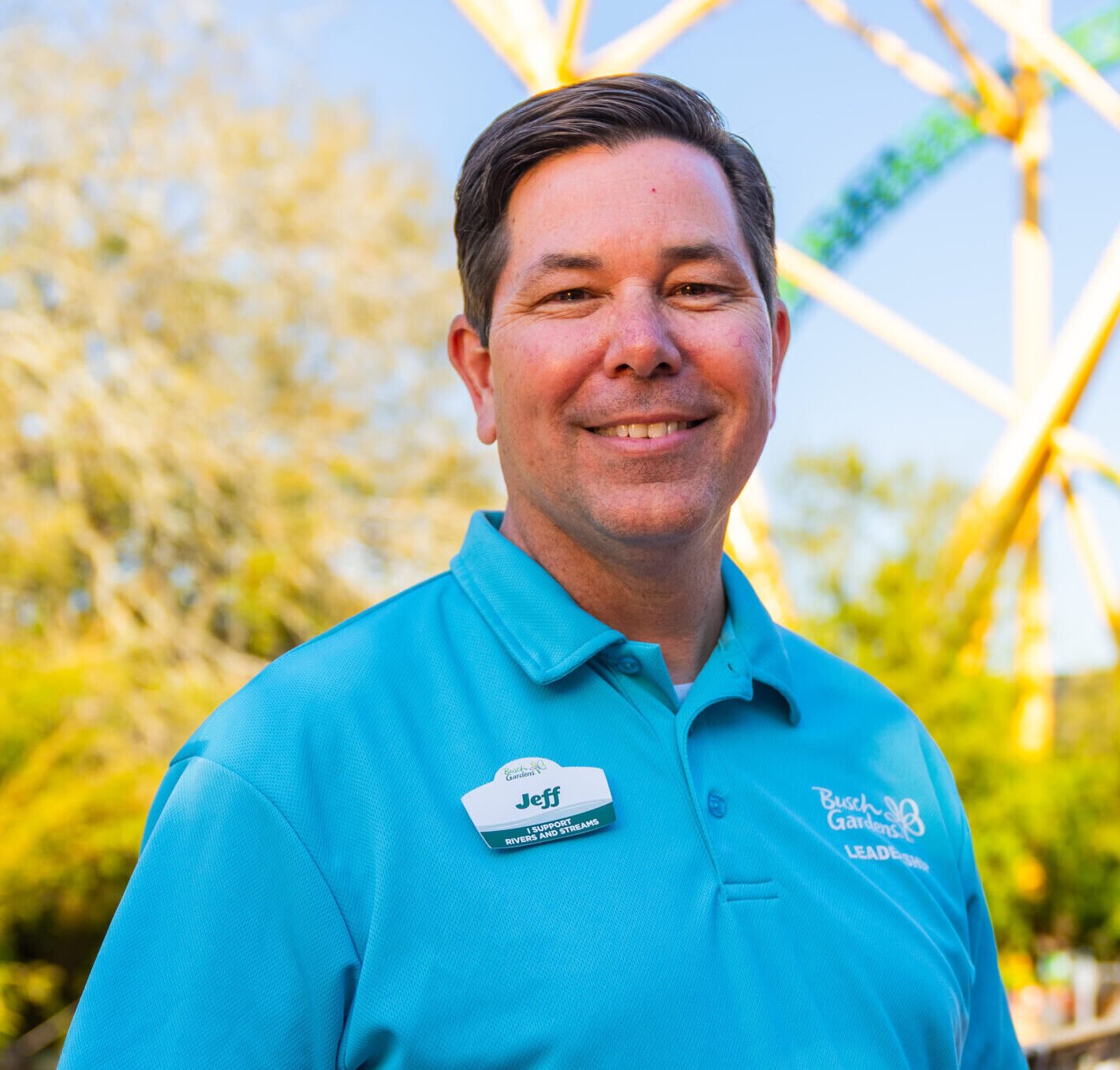Several years ago, I interviewed Amy Hoopes in an interview originally published in Thrive Global. Amy is the Chief Revenue Officer of The Wine Group. At the time of the interview, Amy was the President of Wente Family Estates. Here is an excerpt from our interview:
Adam: How did you get here? What experiences, failures, setbacks, or challenges have been most instrumental to your growth?
Amy: I was recruited directly out of college to the wine industry by the E&J Gallo Winery. I was fortunate to graduate in a great market and have several options for starting my career. The job just seemed to really fit. I liked the people I had met along the recruiting process, the fact that it was a family-run company with a strong ethos, and everyone seemed to genuinely enjoyed their work. I started out at the bottom as a sales rep. It was a humbling experience, selling wine to buyers – some who were not even old enough to drink, and others who had given up alcohol altogether. I had a college degree and was dusting bottles, cutting boxes, and building displays. It was character-building and humbling all at the same time. As my career progressed, I continued to work hard, raise my hand often for new and interesting opportunities, and ultimately learned by doing. As I grew and worked my way up, one of the most important lessons learned was to look for and value the support and guidance of great leaders and mentors around me.
Adam: What would surprise people about the wine business?
Amy: Something that I often hear is how surprised people are at the camaraderie and support wineries have for each other. The wine business is the most diversified consumer product category and competition is fierce to gain space on the shelf and in a restaurant or bar. But it is also agriculture at its core. While sales teams are competitive, the farmers and owners behind the business work alongside one another to support the success of the overall industry.
Adam: In your experience, what are the defining qualities of an effective leader? How can leaders and aspiring leaders take their leadership skills to the next level?
Amy: I approach life with the motto “We don’t lose, we only win or we learn”. This allows me to continue to learn and grow, while not allowing setbacks to bring me down. I can reframe those instead into “teachable moments” or learning opportunities. The most effective leaders have great communication skills and the ability to connect with and inspire others to be their best. Since hard work and grit are part of my core, I never ask our teams to do anything I wouldn’t do myself. Since having children, I’ve learned that they don’t always do as you say, but they do as you do, so now I’m more aware of my behaviors at home and at work and try to model the behaviors that I want emulated.
I also believe that we are all lifelong learners. This is essential for all leaders, to always be curious, to ask why, and to be open to new and different perspectives. For leaders that want to take their skills to the next level, they need to challenge themselves to continuously learn and improve.
Adam: What are your three best tips applicable to entrepreneurs, executives, and civic leaders?
Amy: Tip #1: Don’t try to do and be everything: choose just a few key areas to focus on daily. So many of us struggle with the idea of achieving work-life balance – and too many people are teetering on the edge of burnout. As a female executive with children, I am often asked about this. I’m still not sure why men don’t get asked the same question, but really, we all need to consider it. My response is that it’s about choices, being in control of your time, and actively making decisions about how to focus that time daily – including, importantly, making time for your loved ones and activities that bring you joy. I was overjoyed when I recently read Pick Three: You Can Have It All (Just Not Every Day) by Randi Zuckerberg. She not only articulated the sentiment I share that work-life balance is a farce, but also offered up a simple way for everyone (entrepreneurs, execs, civic leaders) to think about how to make those important daily choices, and then reflect on them to ensure that you do have some type of balance overall.
Tip #2: Be true to your own leadership style. Tap into your own strengths and what you bring to the table and stay authentic to your own style, versus trying to emulate that of another. When you lead from a place of authenticity, those around you will benefit from what you have to offer and thrive. I feel that this is particularly true for women – and an important topic to address and teach with our future female leaders. Lead with confidence, lead with compassion, lead from your heart and your genuine self.
Tip #3: Don’t be afraid to say “I don’t know”. In fact, when a leader seeks the support of others, you build strength in the team and the outcomes. No one person knows everything – and those who pretend are not leading from an authentic place. We’re all learning constantly.
Adam: You are passionate about mentoring female leaders. What advice do you have specifically for emerging female leaders and for male allies?
Amy: For women, one of my key messages is the question: “Why Not”? Why can’t you be the next CEO, why can’t you lead that project, why can’t you be the one who presents to the board? Sometimes you just need to shift your own perspective to allow the opportunities to present themselves. Believe in yourself and your ability to lead, to take risks, to impact.
For men, I would say, “Listen.” In this day, men have been trained to tell women to speak up. But just asking women to speak up is not enough. You have to be willing to listen and then to support the growth and development necessary to unlock the true potential of every employee.
Adam: What is the single best piece of advice you have ever received?
Amy: My dad once advised me: “You need to be independent and self-sufficient”. Looking back, he may have said it in part for his own survival: as the father of five girls, he needed to know that we would eventually move out of the house. His words and advice had a tremendous impact on me. They gave me a boost of confidence in myself and my own ability to realize opportunities – to reach for what I wanted and have some impact over the direction of my life and successes. Of course, this doesn’t mean that relying on and needing other people isn’t important. A lifetime of experiences on team sports, working on inspiring teams and in partnerships has taught me the value – and enjoyment – of relying on and collaborating with others.
Adam: How can anyone pay it forward?
Amy: We all have gifts to offer others. I believe that mentorship – giving time and energy to support others who want to grow and learn is one of the most important ways to pay it forward. I’m incredibly grateful for the investment others have made in me and my own growth and leadership journey. In return, I have prioritized making time to offer the same to others who are looking to grow and learn.
Adam: What are your hobbies and how have they shaped you as a leader?
Amy: I enjoy being outdoors, being active, cooking, spending time with my family. I also enjoy traveling, meeting new people, and learning about other cultures – something nurtured in my life at an early age through an organization called Children’s International Summer Villages (CISV). CISV is a nonprofit organization with a mission of educating and inspiring action for a more just and peaceful world. I became involved as a child and am still involved in the San Francisco chapter. And I’m proud that my two daughters are involved today. This experience gave me such an expanded view of the world and my own place in it. Being exposed to other children and adults from around the world, working to achieve greater harmony in the world through our own interaction and problem-solving was integral to my growth as a leader. I learned so many skills – early on – crucial for leading teams, facing challenges, embracing differences. I wish this was a mandatory training for leaders today!
Adam: Is there anything else you would like to share?
Amy: I think one of the most important lessons in leadership is to show gratitude. No effective leader operates in a silo but is surrounded by a community of colleagues, partners, and advisors without whom they wouldn’t be impactful. Be appreciative and take time to acknowledge the gifts and contributions of others around you. Thank you for this opportunity!









